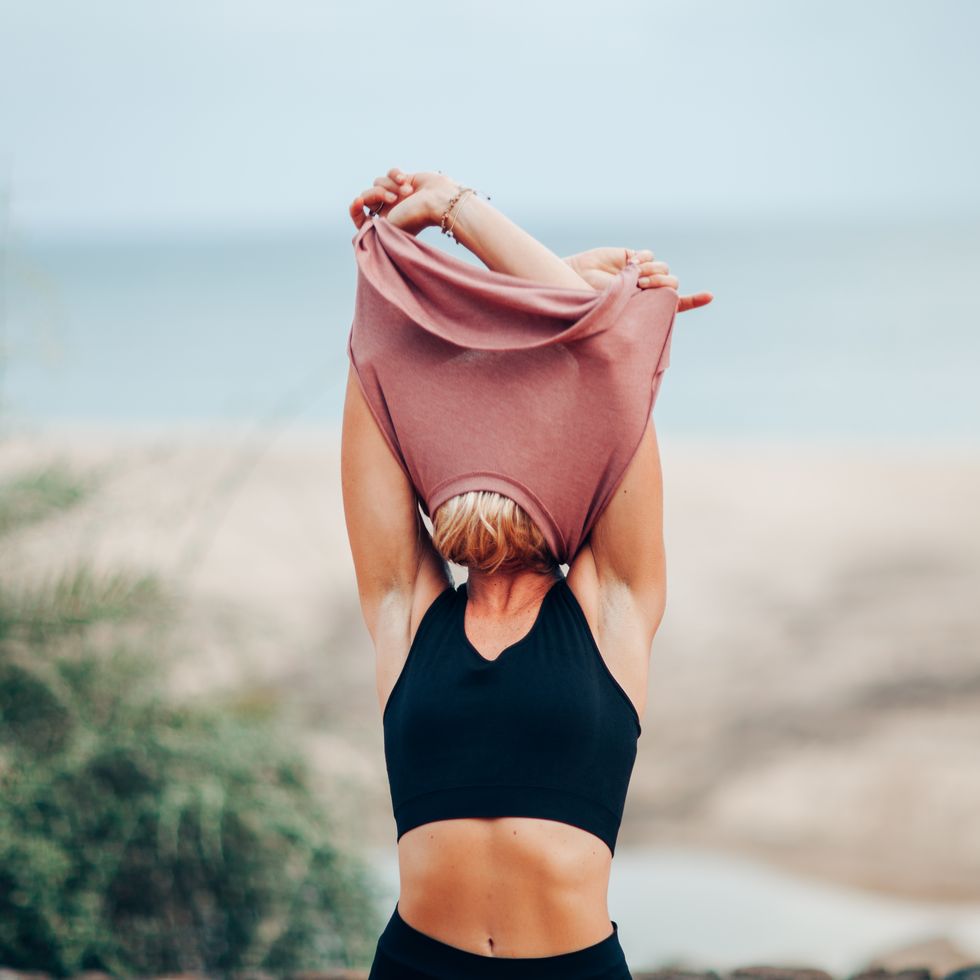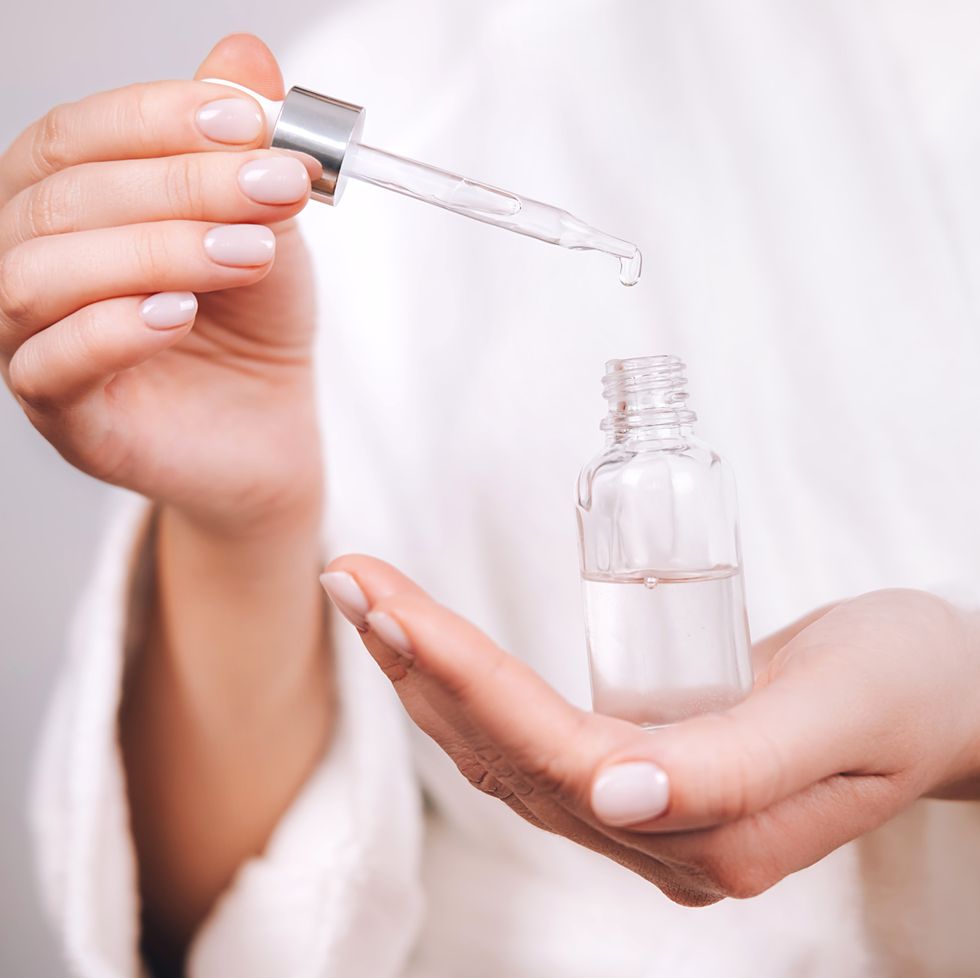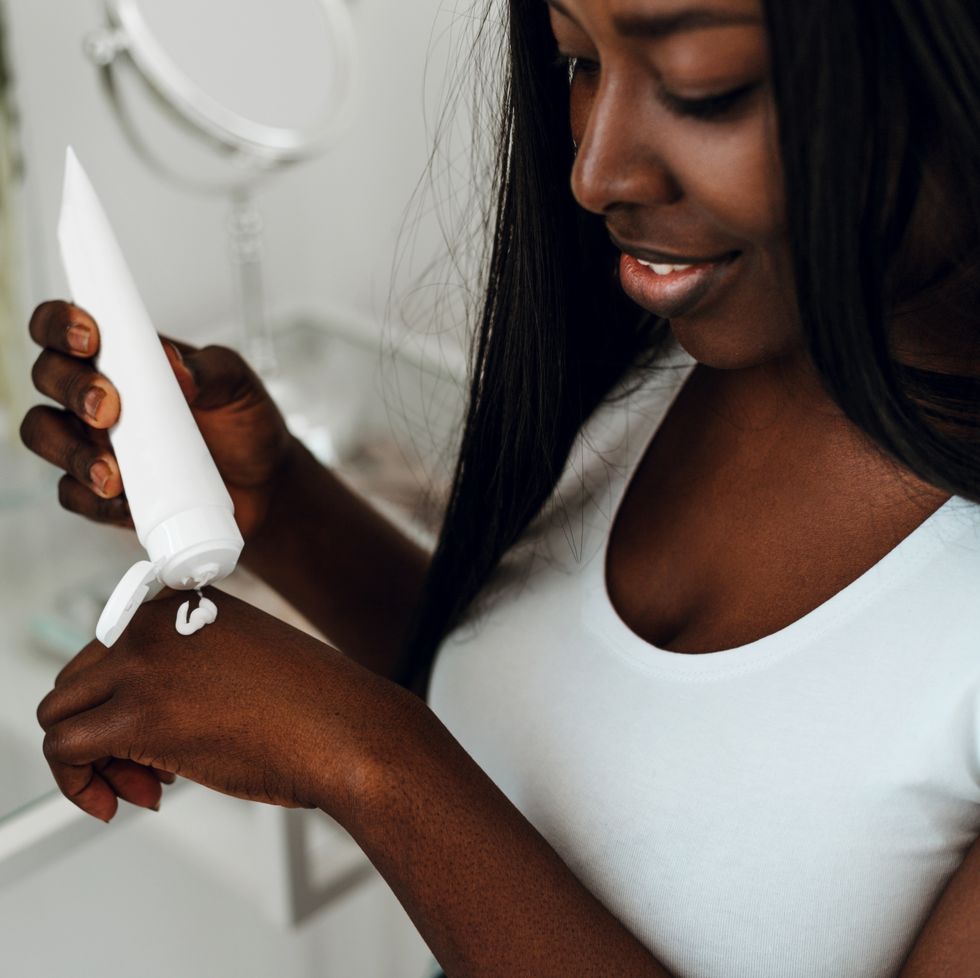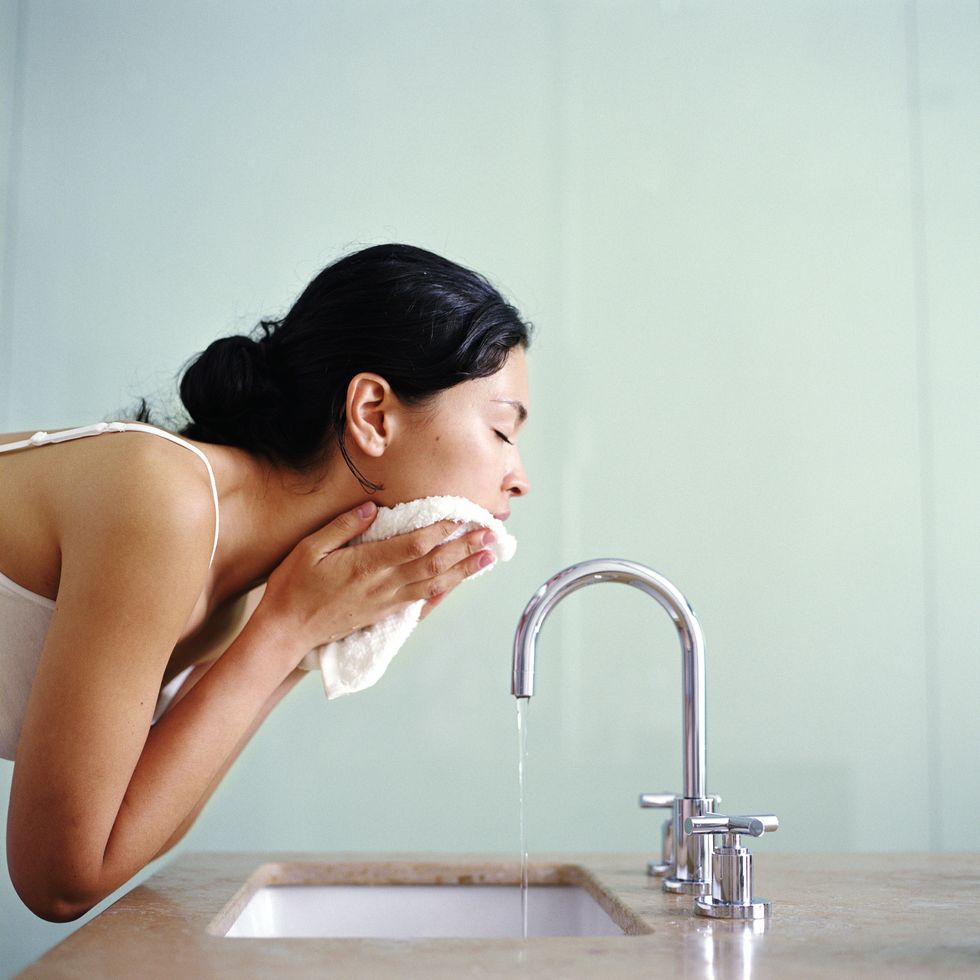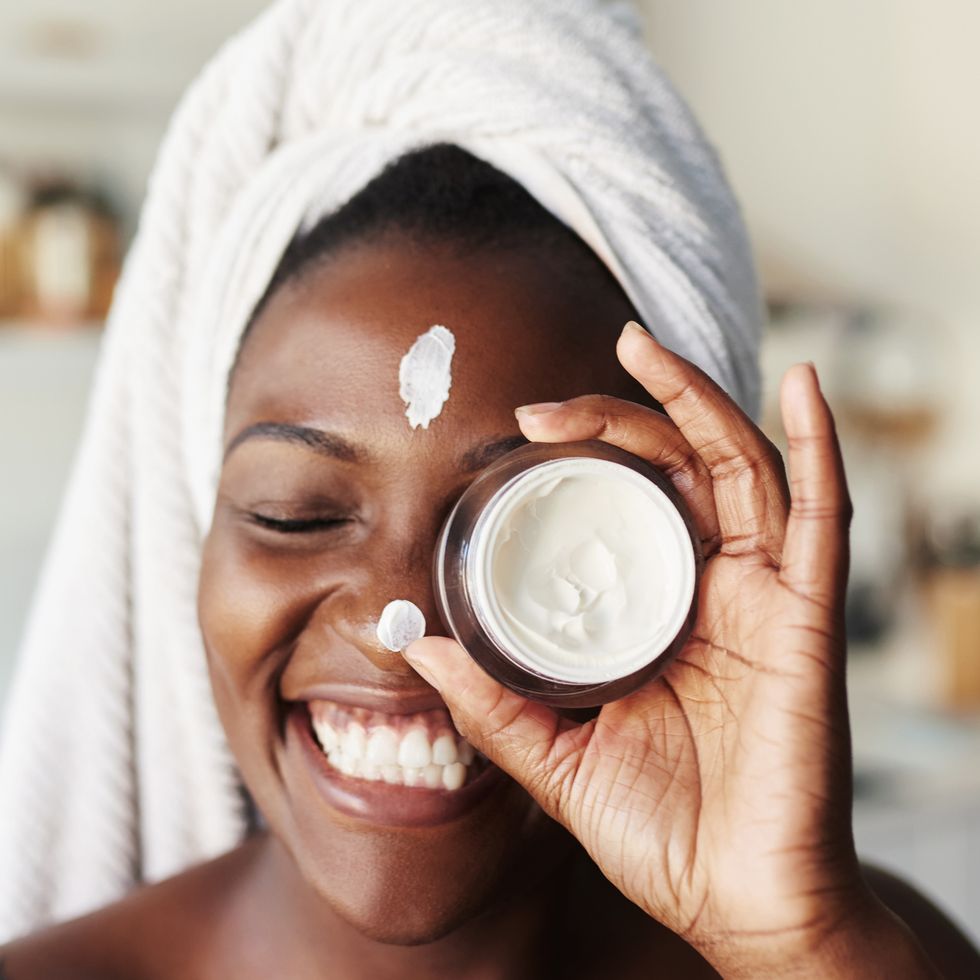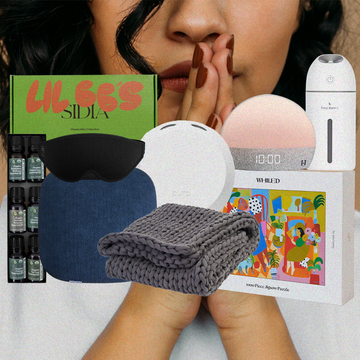11 Essential Skincare Tips For The Ultimate Summer Glow Up
Put your best face forward with these expert tips and tricks.

A solid summer skincare routine can mean the difference between skin that’s dry as the desert (ahem, thirsty) or gorgeous, glowing and dewy, which is the goal, right? As the weather continues to heat up, taking extra precautions to protect your face and body from the elements is a must, as is transitioning your beauty products and upping your water intake to keep skin happy, hydrated and healthy—and super refreshed for all those summer vacay photo opps.
From expert advice on what type of sunscreen to use (and how often to apply it) to what ingredients could actually do more harm than good when applied during the warmer months, read on to discover all the most essential summer skincare tips straight from the professionals.
Watch Next


I Pushed Myself Outside My Comfort Zone

For Me, Healing Had Its Limits

I Traveled to the Birthplace of the Cheeseburger

Feeling Low? Here Are 10 Ways to Pump Up in 2024



